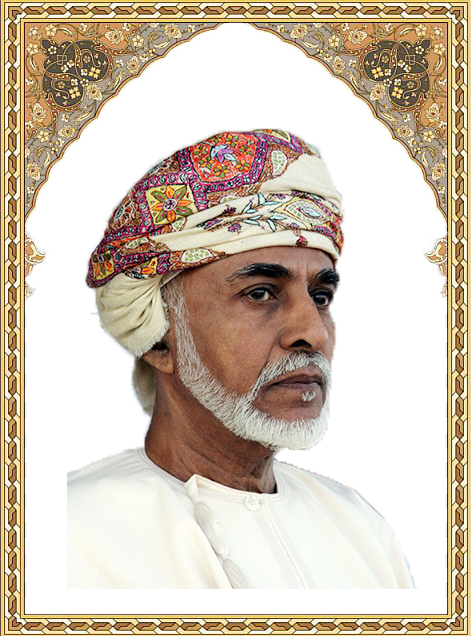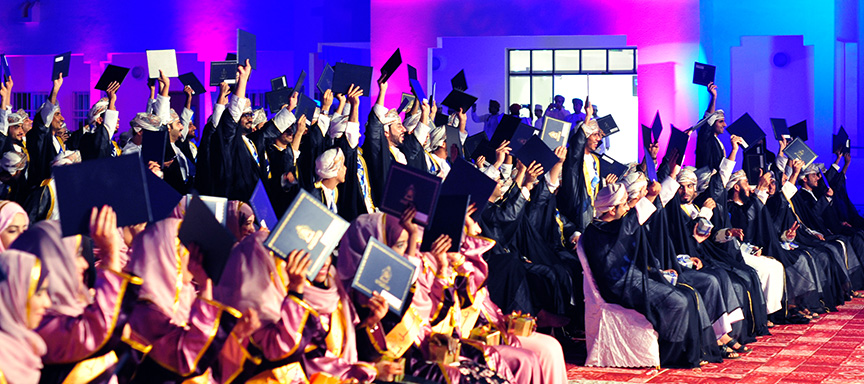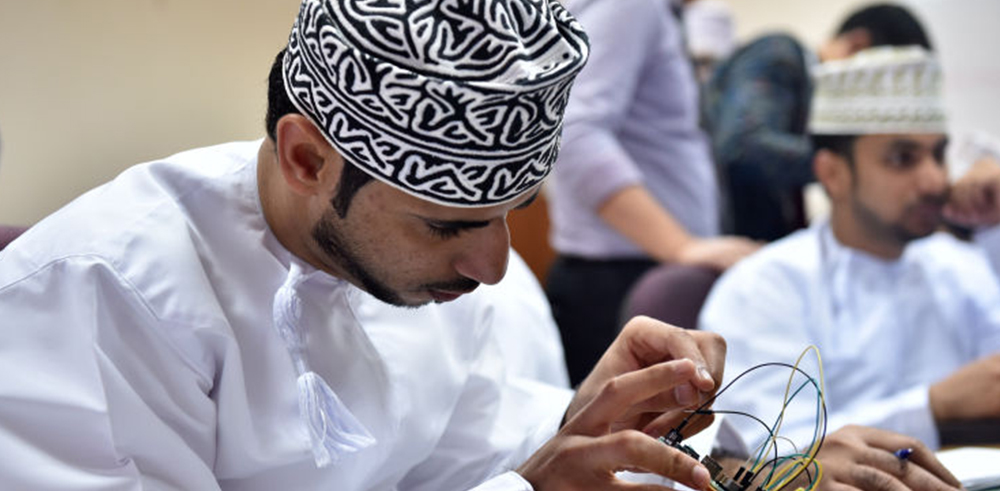History of University of Technology and Applied Sciences - Al Mussanah

"Our determination to move forward with confidence, towards the broader horizons of comprehensive, sustainable development, remains undiminished. While committed to preserving our own values and identity, we are enthusiastic about developing international relations to reinforce the advances already made. Further progress, we believe, can best be achieved through hard work and the pursuit of knowledge, which will prepare Oman and its citizens for dealing with the emerging realities of the modern age."
His Majesty Sultan Qaboos bin Said
In August 2020, the seven colleges of Technology which are under the Ministry of Manpower, and Colleges of Applied Sciences which are under the Ministry of Higher Education are transferred to the University of Technology and Applied Sciences. (Ref by Royal Decree 76/2020 – Establishing the University of Technology and Applied Sciences).
In the academic year 2020 - 2021, UTAS-A has 454 (teaching, technical support, and administration (as of September 2020) and has registered 4661 students in the semester I.
Prior to the recent transfer, UTAS-A was established in 1993 by vocational authority no.131/93 and later was a change from a vocational training institute to a full-fledged technical College. UTAS-A started its academic activities in 1993 with Arabic as the language of instruction. The university registered 102 students for the academic year 1993-1994 with only 12 teaching staff and 17 administrative staff. There were only two courses of study at that time: Accounting and Management. Despite being a new college, it was committed to quality education to meet the high technical manpower requirements of the job market in the Sultanate. The pioneering efforts of the university staff resulted in the successful completion of its first academic year and produced 58 graduates in 1995.
In the academic year 1996-1997, the college began to offer the General National Vocational Qualification (GNVQ), authorized by the Royal Society of Arts (RSA), UK, and the language of instruction was changed to English. At the beginning of academic 2000-2001, the college again introduced a change and began to offer the Omani National Diploma (OND).
Due to rapid changes in technology, and consequently the need for additional modes of teaching, the university again implemented new programs in the academic year 2003-2004 in order to comply with the pace of the technical world. The following academic years and onwards, the university has improved tremendously in terms of its facilities and technology as the total number of students, staff, and administrative and technical staff has largely increased.






